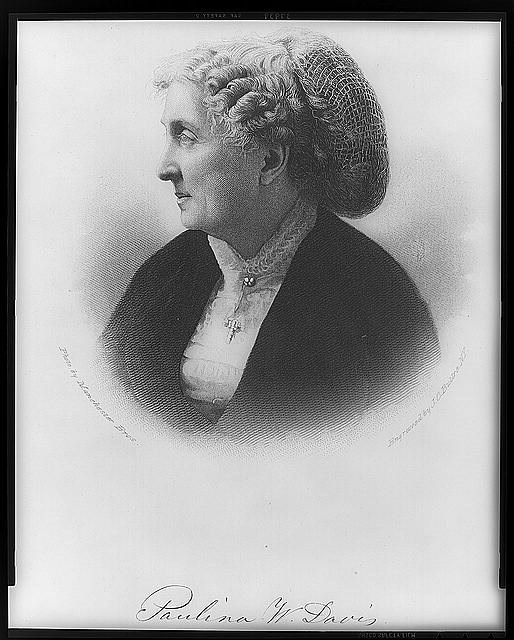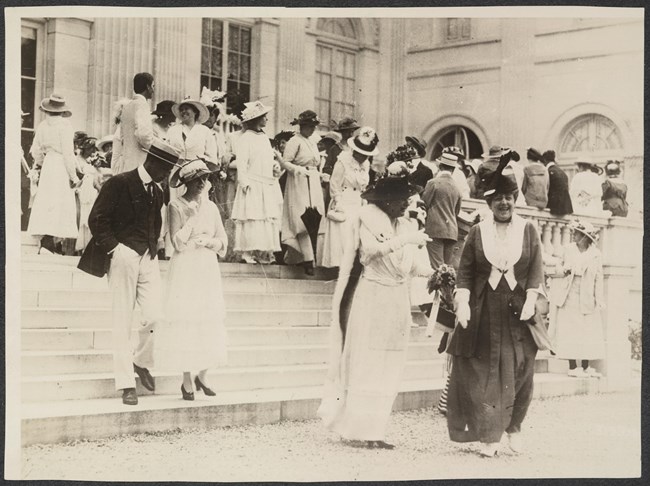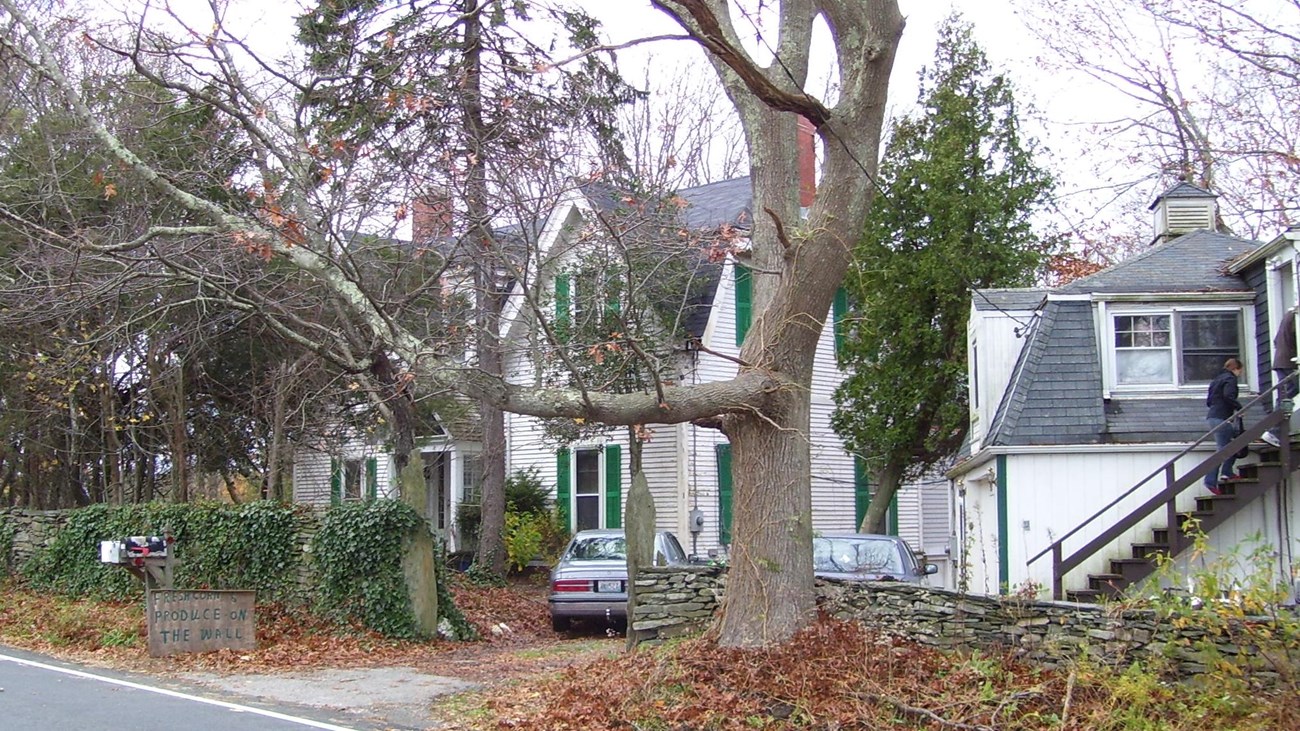Last updated: September 4, 2019
Article
Rhode Island and the 19th Amendment

Women first organized and collectively fought for suffrage at the national level in July of 1848. Suffragists such as Elizabeth Cady Stanton and Lucretia Mott convened a meeting of over 300 people in Seneca Falls, New York. In the following decades, women marched, protested, lobbied, and even went to jail. By the 1870s, women pressured Congress to vote on an amendment that would recognize their suffrage rights. This amendment was sometimes known as the Susan B. Anthony amendment and became the 19th Amendment.
The amendment reads:
"The right of citizens of the United States to vote shall not be denied or abridged by the United States or by any state on account of sex."

Manchester Brothers/Library of Congress
Paulina Wright Davis of Providence began her career in political activism through her involvement in anti-slavery movement. She also became a lecturer on women’s health issues. Davis was one of the organizers of the first National Woman's Rights Convention in Worcester, Massachusetts, in 1850. She started a woman’s rights newspaper called The Una in 1853. After the Civil War, she co-founded the Rhode Island Woman Suffrage Association. Through their activism, women were able to win enough support in the Rhode Island legislature to pass a state constitutional amendment in April 1887. When put to the voters during the election that same month, the amendment was defeated by a wide margin.
Women suffragists in Rhode Island were unsuccessful in winning the vote in their state. However, women began taking advantage of a loophole in the state constitution which did not specifically exclude them from serving on school committees. Women ran for these positions starting in 1873. The next year, three women won elected positions. Women continued to serve on school committees for many decades before they could cast a ballot.

National Woman's Party records, Library of Congress
After decades of arguments for and against women's suffrage, Congress finally passed the 19th Amendment in June 1919. After Congress approved the 19th Amendment, at least 36 states needed to vote in favor of the amendment for it to become law. This process is called ratification.
On January 6, 1920, Rhode Island voted to ratify the 19th Amendment. By August of 1920, 36 states (including Rhode Island) ratified the amendment, ensuring that the right to vote could not be denied based on sex.

Rhode Island Places of Women's Suffrage: Oak Glen
Oak Glen was the home of Julia Ward Howe. While best known for writing the “Battle Hymn of the Republic,” Howe also helped found the American Woman Suffrage Association. Her house is listed on the National Register of Historic Places and is a private residence.

Oak Glen is an important place in the story of ratification. It is listed on the National Register of Historic Places.
